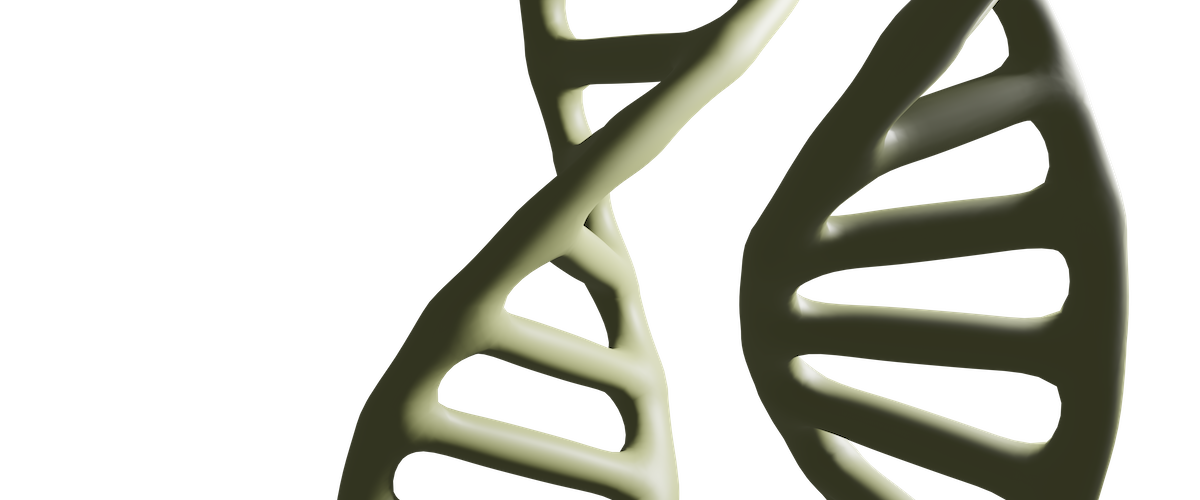
Genetic variation
rs797045593
This variation affects:
Other names:
Overview
rs797045593 is a genetic variant on gene GATA6 associated with Pancreatic hypoplasia-diabetes-congenital heart disease syndrome.
This variant is located on chromosome 18. The variations at position 22172231 are the genetic letters C/C, T/T, C/T
Since humans have each twice (one from each parent), these letter-variations occur on both chromosomes. People can have the same or different letters on both chromosomes. Every person's individual variation combination is referred to as genotype. For variant rs797045593 there are 3 currently known genotypes : C/C, T/T or C/T
Short Overview
Variant Location
rs797045593 is located on gene GATA6 in chromsome 18. Use the genome browser to explore the location of rs797045593 and its genetic neighbourhood.
Conditions & Traits
rs797045593 affects the following conditions and traits:
Pathogenicity
rs797045593 affects the following conditions:
Pharmacogenetics
We do not have any data that links rs797045593 to any drugs.
Diagnostics
rs797045593 is commonly tested together with other variants on the same gene.
Genome Browser
This interactive browser visualizes what no human can see with the naked eye - our DNA. From a down to a specific position on a . The position you are looking at here is the exact location of variant rs on gene GATA6. Explore more variants and their effects on the body by browsing left and right along the DNA strand.
Did you know genetic variants affect drugs?
Mutations are changes in genes and genetic variations are differences in the DNA among people. Variants are tiny changes in just one piece of the DNA while haplotypes are groups of these changes that usually come together.
Dr. Wallerstorfer
Conditions & Traits of rs797045593
The different genotypes of variant rs797045593 can affect the likelyhood of developing certain traits or conditions. Current research shows that 1 condition and 0 traits are associated with rs797045593. The following table shows the relationship between genotypes and conditions and traits.
Classification of Variants
Variants can be classified either based on scientific studies or clinical tests. Scientific studies classifications aim to uncover the function of genetic variants and their role in conditions, traits, and evolution. Variants are categorized according to their functional effect, such as loss-of-function (reduced gene activity), gain-of-function (increased gene activity), neutral (no significant impact) or evolutionary conservation. This classification uses experimental data, population studies, and computational analyses to understand the long-term effects of variants. Clinical testing classifications, however, focus on the immediate health impact on the human body, distinguishing five categories from disease causing (harmful) to no effect (not harmful). This classification relies on a mix of family history, lab tests, and computer predictions, aiming to assist doctors in making medical decisions.
Genotype
C
C
Level of evidence
No Effect
Unisex
1 Sources
Participants: 0
The genotype with the letters C/C is thought to have no effect on your disease risk. Carriers of this genetic result are usually not at risk of developing the disease.
Genotype
T
T
Level of evidence
Disease causing
Unisex
1 Sources
Participants: 0
The genotype with the letters T/T is considered disease causing. Carriers of this genetic result are typically affected by the disease.
Genotype
C
T
Level of evidence
Disease causing
Unisex
1 Sources
Participants: 0
The genotype with the letters C/T is considered disease causing. Carriers of this genetic result are typically affected by the disease.
Diagnostics
rs797045593 is commonly tested together with other variants on the same gene.
Related variants
Diseases and traits are often influenced by multiple genetic variants. To better understand how genetics affects certain diseases and traits, it is important to consider these additional factors. The following table shows other variants that are also associated with the same diseases and traits as rs797045593.
Genotype Distribution
Knowing your genome can actually tell you a lot about your ancestors.
The prevalence of the different genotypes is based on the native inhabitants of a region. In the map below you see how common each genotype is in the native inhabitants of those regions. Since genetic material is passed down form generation to generation, your DNA shows traces of the geographical origins of your ancestors.
This data is based on “The 1000 Genomes Project” which established one of the most detailed overviews of human genetic variations across the globe. The regions are broadly categorized into five continental groups: Africa, America, Europe, South Asia and East Asia. All continental groups together display the global prevalence. Click through the regions, to learn more about the local prevalence of the possible genotypes.
At present, there is no distribution data available for SNP 797045593. 797045593.